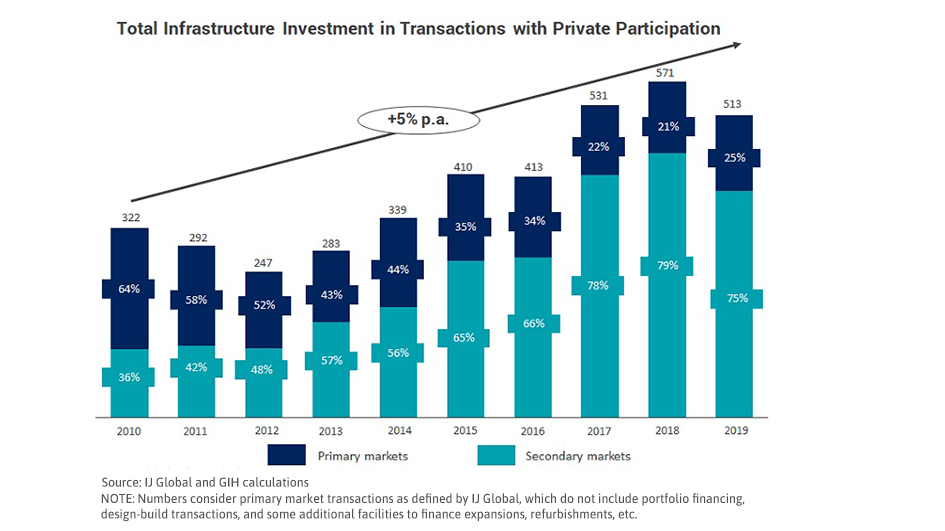840 results found
Featured results



More results
Intelligent process optimisation for drinking water and wastewater treatment plants provides an opportunity to automate the control of treatment processes and/or provide real-time decision support for treatment plant operators
Regional navigation and information system (hereinafter-RNIS) is a system designed for information and navigation support of the transport complex of a constituent entity of the Russian Federation through the use of GLONASS/GPS technology aimed at enhancing the safety and efficiency of passenger and cargo transportation at the regional level
Sometimes, public goods and services can experience mismanagement issues deriving from imperfect information, coordination problems and market failures
The Smart Ivrea Project (SIP) envisages the design and implementation of a sustainable, inclusive and technologically advanced city where public services, energy and economic efficiency and social inclusion are the center
Heritage is often one of the treasures that humanity has a duty to preserve for the knowledge and enrichment of future generations, something that sometimes involves a compromise between the need to preserve it and to show it
Augmented Reality (AR) and Virtual Reality (VR) are both part of a wider field of technology called Mixed Reality (MR).
The solution is an Intelligent Transport Systems (ITS) Electronic Toll Collection (ETC) system for heavy-duty vehicles (HDVs).
The solution is Electric Vehicle Charging (EVC) system consisting of varying technologies of chargers (slow, fast and ultra-fast) and EV Cloud Platform.
Digital service platform integrating the latest digital and communication technologies such as cloud computing, 5G, big data and the Internet of Things can effectively improve the operation and management efficiency of transport hubs such as airports, harness economic, social and governance (ESG) benefits, and enhance the security and quality of services.
In today's complex global supply chain, a number of inefficiencies constrains the physical flow of goods due to asymmetrical or erroneous information flow, compliance and regulatory issues, lack of data standardisation as well as financial risks.
Developing infrastructure that is sustainable, resilient and inclusive is a complex endeavour and it is even more so in emerging markets.
Private investment in infrastructure through primary market transactions remains low at around US$100 billion per year and has been declining over the past decade according to a new Global Infrastructure Hub (GI Hub) report, Infrastructure Monitor 2020.
COVID-19 is the worst crisis since the Great Depression, and it will take significant innovation on the policy front to recover from this calamity.
Discover three trends in infrastructure design and use that resulted from the pandemic and are likely going to remain relevant to the infrastructure of the future.
Find out how water scarcity is shifting infrastructure development.
Organic waste products from sources such as food production and wastewater treatment, can be converted into energy through digestion, pyrolysis, and gasification processes
Infrastructure development should demonstrate social outcomes, argues Marie Lam-Frendo, CEO of the Global Infrastructure Hub.
World Bank Benchmarking Infrastructure Development 2020


While total infrastructure investment with private participation has increased over the past decade, this has been driven by secondary market transactions. Primary market transactions are low and have been declining.



Private investment in social infrastructure has seen a sharp decline over the past decade, driven by the healthcare and social housing sub-sectors. In the transport sector, around half of private investment over the past decade has been in the roads, tunnels and bridges sub-sector.















 Inclusive Infrastructure and Social Equity Tool
Inclusive Infrastructure and Social Equity Tool

